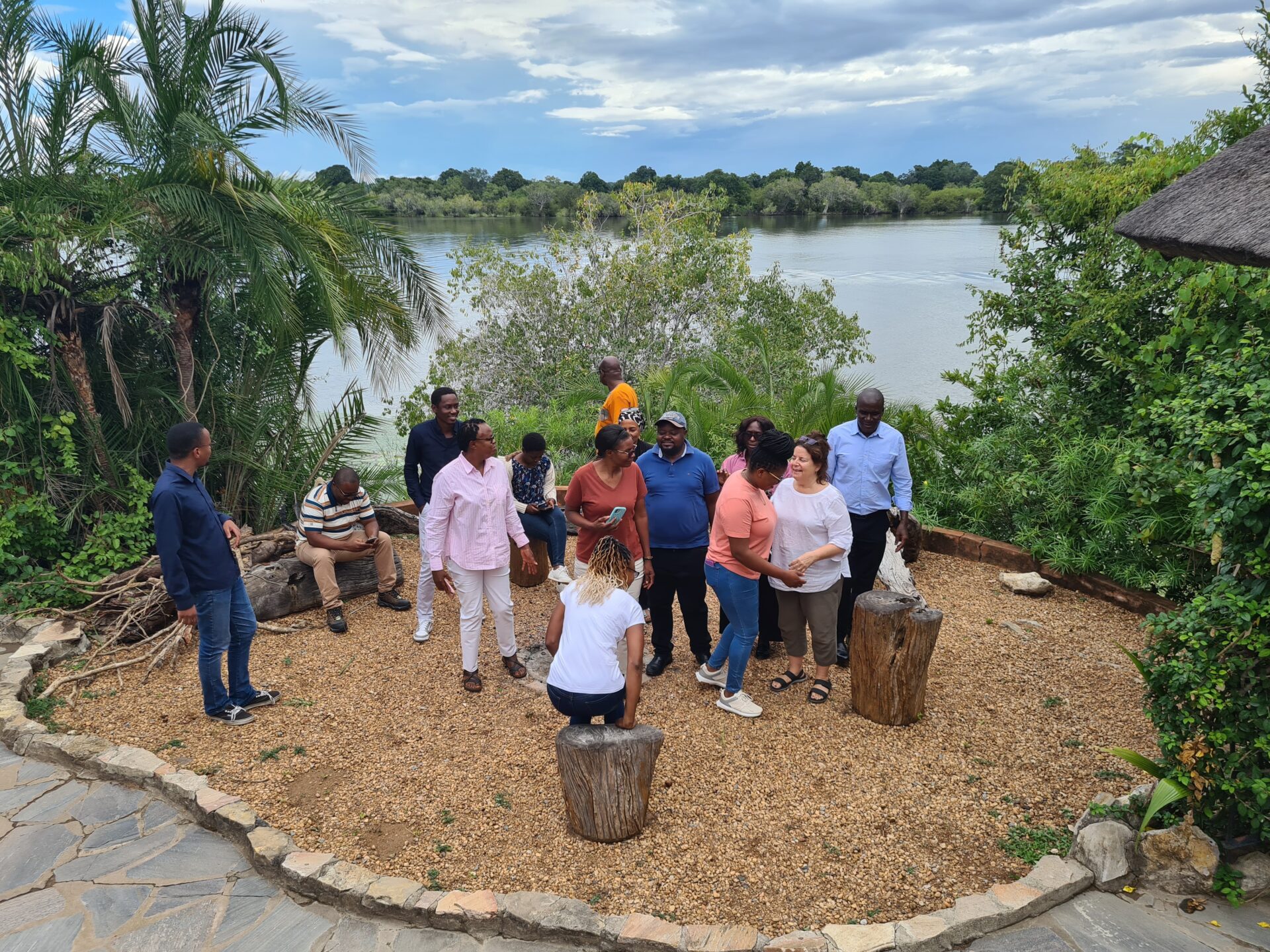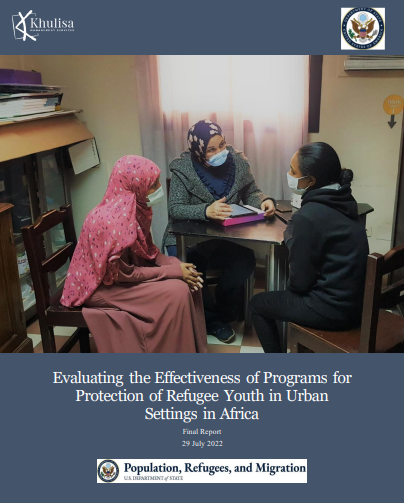Last week we published a blog post about Khulisa’s work conducting the baseline evaluation for Schools2030, a program seeking to transform education in 1000 schools in 10 countries around the world. One of the most important lessons our team learned while conducting this large, complex evaluation – a lesson that might appear counter-intuitive at first glance – is the importance of allowing space for difference.
“When approaching an evaluation from a social science perspective, you want to eliminate as much difference as possible [within a sample]. And that’s impossible to do with Schools2030 – there is so much that’s different,” says Jesse Webb, lead evaluator for Schools2030, when describing the challenges of evaluating a program that works across multiple countries, cultures, education styles, and even school calendars. “There is so much that’s contextual, and that’s a strength of the program.”
Certain indicators, like whether learners are doing well or poorly in literacy and numeracy, can be comparable across schools and across countries. The Schools2030 baseline seeks to measure those indicators while also “allowing the evaluation to find unique, niche ingredients that are relevant for how the program has been implemented in the different countries and allowing room for the flexibility,” Jesse says.
For specifics on how Khulisa is implementing the Schools2030 baseline, read the full blog post and keep an eye on our #EvalTuesdayTip section next week.


